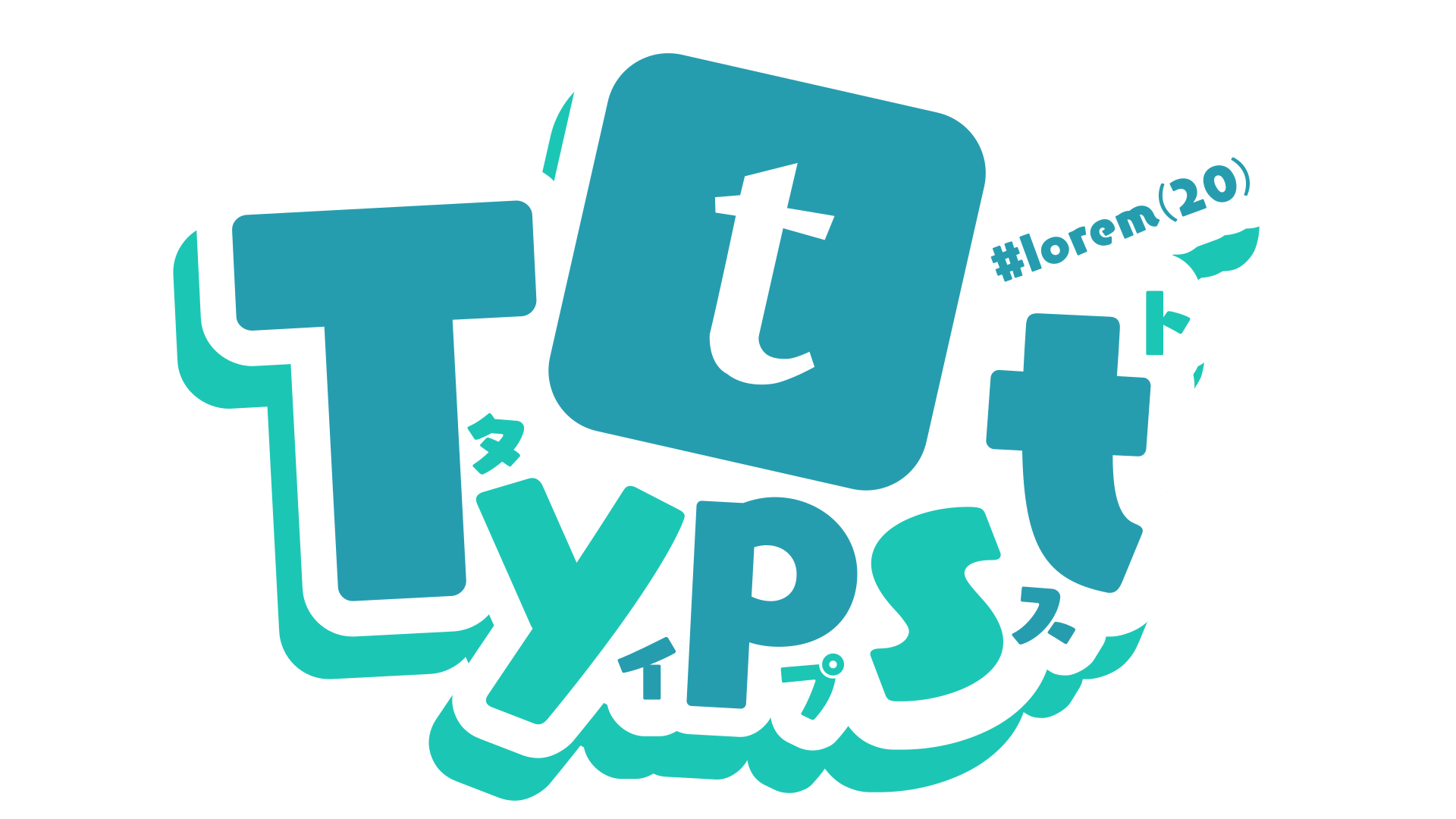Streamlined Resume Design Using Typst
A modern approach to document formatting and styling

In this blog, we will look at how to create beautiful resumes using Typst. Typst is a new markup-based typesetting system for generating documents designed to be a better alternative to advanced tools like LaTeX.
For years I have been using latex templates to create resumes. I also had my share of problems when using latex, out of frustration, two grads from Berlin created this amazing tool called Typst. It gives you familiar programming constructs, a consistent styling system, understandable error messages, and highly readable & maintainable code.
Typst installation
Typst can be installed through different package managers or get the pre-built binaries from GitHub. For more details refer here. Along with this a highly recommended VS code plugin Typst LSP.
Building a reusable resume template
i) Setting Global Styles: Defining a global font color variable.
#let font_color = rgb("#28282B")
#let font_color_headings = rgb("#1B1212")
ii) Utility Functions:
- This function helps align two blocks of text side by side.
#let justify_align(left_body, right_body) = {
block[
#left_body
#box(width: 1fr)[#align(right)[#right_body]]
]
}
- This function generates a section title with consistent styling and an underline.
#let title_section(title) = {
set text(size: 14pt, weight: "semibold")
align(left)[
#smallcaps[#title]
#line(length: 100%, stroke: (paint: gray, thickness: 1pt))
]
}
iii) Component Functions:
- Centers and styles the name of the individual.
#let name_component(firstname, lastname) = {
align(center)[
#pad(bottom: 5pt)[
#block[
#set text(size: 25pt, style: "normal")
#text(weight: "light")[#firstname]
#text(weight: "light")[#lastname]
]
]
]
}
- This function generates a row of contact information with icons, demonstrating Typst’s ability to easily incorporate SVG icons.
#let contacts_component(contact_info) = {
set box(height: 11pt)
set text(size: 11pt)
let icons = (
phone: box(image("../assets/icons/phone-solid.svg")),
email: box(image("../assets/icons/envelope-solid.svg")),
portfolio: box(image("../assets/icons/globe-solid.svg")),
linkedin: box(image("../assets/icons/linkedin.svg")),
github: box(image("../assets/icons/github.svg")),
medium: box(image("../assets/icons/medium.svg"))
)
let links = (
phone: "",
email: "mailto:",
portfolio: "https://www.",
linkedin: "https://www.linkedin.com/in/",
github: "https://github.com/",
medium: "https://medium.com/@"
)
let separator = box(width: 5pt)
align(center)[
#block[
#align(horizon)[
#for (key, value) in contact_info {
icons.at(key)
separator
box[#link(links.at(key) + value)[#value]]
separator
}
]
]
]
}
- This function formats the work experience section, showcasing Typst’s ability to handle complex nested structures and iterating it using a loop.
#let work_experience_component(experience_details) = {
for (_, work) in experience_details {
pad[
#if (work.company != "" and work.location != "") [
#justify_align[
#set text(size: 11pt, style: "normal", weight: "semibold", fill: font_color_headings)
#work.company
][
#set text(size: 11pt, style: "normal", weight: "semibold", fill: font_color_headings)
#work.location
]
]
#justify_align[
#set text(size: 9pt, style: "italic", weight: "semibold", fill: font_color_headings)
#work.title
][
#set text(size: 9pt, style: "normal", weight: "semibold", fill: font_color_headings)
#work.duration
]
]
set text(size: 10pt, style: "normal")
set par(leading: 0.65em)
work.work_summary
}
}
iv) Main Resume Function:
- Defines the overall structure of the resume, including global settings and the inclusion of various sections.
#let resume(author: (:), body) = {
// Global settings
set text(font: ("Roboto"), lang: "en", size: 10pt, fill: font_color, fallback: false)
set page(paper: "a4", margin: (left: 0.30in, right: 0.30in, top: 0.20in, bottom: 0.20in))
show par: set block(above: 0.75em, below: 0.75em)
set par(justify: true)
set heading(numbering: none, outlined: false)
// Components
name_component(author.firstname, author.lastname)
positions_component(author.positions)
contacts_component(author.contact)
section_content("professional summary", author.professional_summary)
section_content("work experience", work_experience_component(author.experience_details))
section_content("certifications", author.certifications)
section_content("skills", author.skills)
section_content("education", author.education)
}
Generated resume in PDF format can be accessed here.
Originally published on Medium
🌟 🌟 🌟 The source code for this blog post can be found here 🌟🌟🌟
Reference: